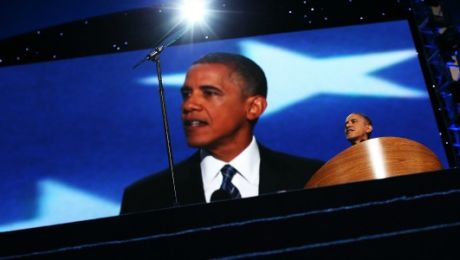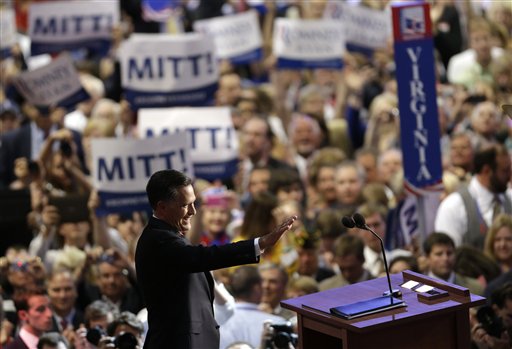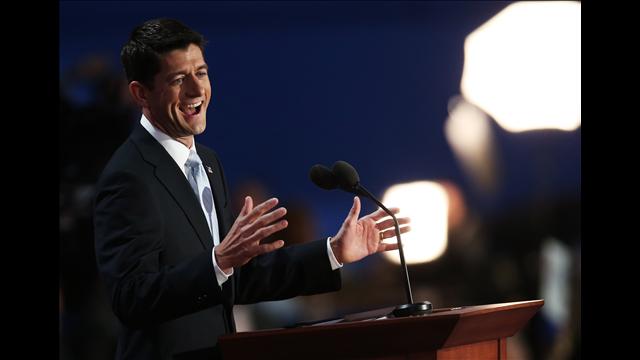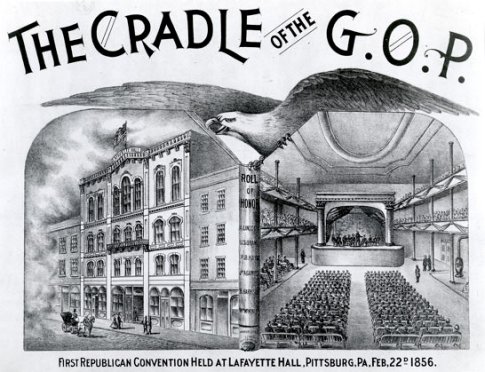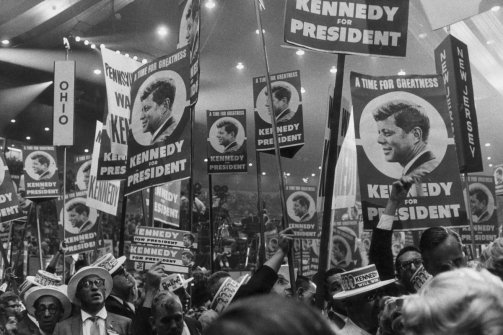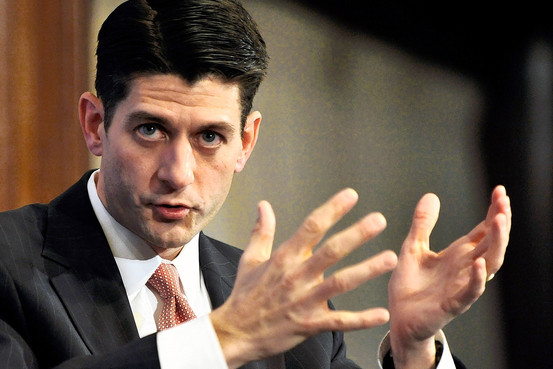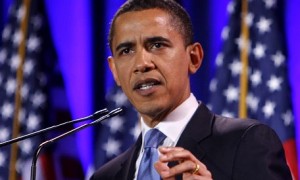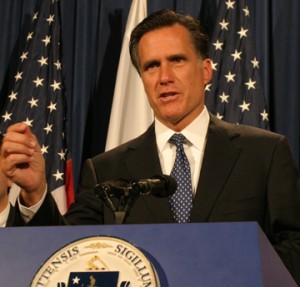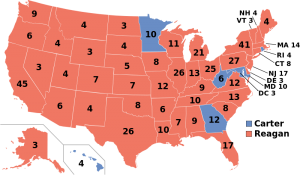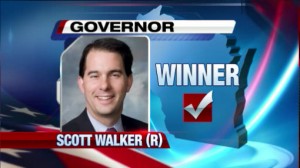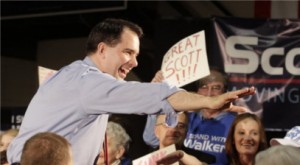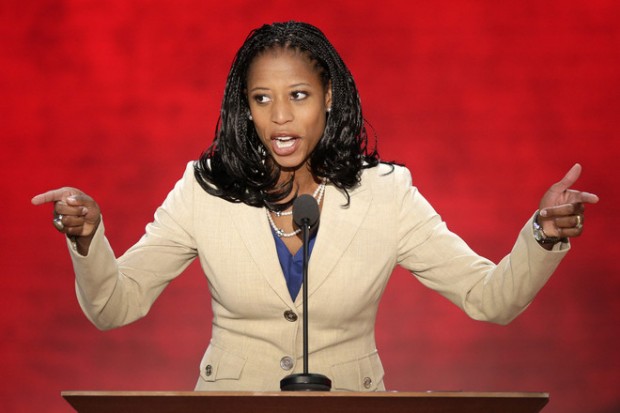
The first day of the 2012 Republican National Convention in Tampa, Florida was the culmination of the Republican Party’s change in strategy since the thrashing delivered to them at the hands of the Democrat Party and President Obama in the 2006 and 2008 elections, respectively. In baseball terms, the Republicans have pursued a “Billy Beane” strategy. Billy Beane is the legendary Oakland Athletics general manager who has built winners on the contrarian strategy of building talent pools in the minor leagues, meshing together so called “no-names” with specific skill sets into a cohesive team, and letting the “celebrity” big money ballplayers go. The Democrats have the ultimate “celebrity” player in President Obama – all monies, support, and aspirations flow through him to the exclusion of any other talent, despite his rather worrisome statistical performance the last three and one half years. The Republicans have instead developed an astonishing number of talented “no-names” with an array of skill sets, and have built a significant pool of next generation players that may yet dominate the electoral process. The impressions of the first night speakers of the RNC is that the bench is deep, indeed.
The Natural: Mia Love is the republican candidate for the 4th congressional district in Utah and she showed herself to be the “Natural” star in the making that everyone has been whispering about. She is a Democrat Party stereotype machine’s worst nightmare – African American, female, Mormon, daughter of Haitian immigrants, smart as a whip and conservative as the day is long. The mayor of Saratoga Springs, Utah, she was the Tea Party’s human tornado at the district convention, coming out of nowhere to destroy her establishment competition and take the congressional seat nomination. Her success gives lie to the farcical stereotype propagated by Democrats that the conservative message is skin deep. In the nation’s most consistently conservative state, Utah, the rising star is winning with the message of limited government, responsible fiscalism, and individual freedom, and the shade of her skin is mattering not one wit. Her speech last night was well sculpted, articulate, and shining in its conviction. She is in the baseball vernacular, “a five tool” player- runs, throws, defends, hits, and hits with power – and Utah which has had several near misses on the national stage – Hatch, Housmann, Leavitt – may have its star coming out party last night.
The Governors – While President Obama has attacked the recession with the ham-handed technique of throwing 6 trillion dollars of deficit spending at it, a murderer’s row of effective Republican state governors have been succeeding at turning around their state’s fiscal messes and restoring sanity to the budgetary process. The emerging stars of a nation wide wave brought in the election 2010 were on the dais last night, and all were worth listening to. Governor Scott Walker of Wisconsin, the winning general of one of the bitterest political wars of the last several decades, spoke to the importance of reform in achieving a voter consensus. He noted that voters will reward fiscal discipline and need for sacrifice, if the issues are presented to them as adults, and that reform doesn’t have to mean another word for “giveaway”. Governor Chris Christie of New Jersey framed the keynote speech in similar terms of “Adult” conversations, and that the electorate understands what made America the economic superpower of the 20th century, and what level of coordinated sacrifice is needed to keep it the superpower for the 21st. Governor Bob McDonnell of Virginia and Governor Nikki Haley of South Carolina argued as to what diversity in approach can mean to the manufacturing base and job creation, and that winners and losers in job creation need to evolved, not selected by the system. The overwhelming tone of each of these speakers is that competence wins, and truthful conversations with the voters can be popular notions.
The Hispanic Conservative – Shining brightly were two conservative voices of the emerging hispanic hue to the American story. Hispanics have become the battleground demographic for votes between the parties, now that the African American vote consensus has becoming rigidly fixed to the government centered philosophy of security and safety net. The hispanic vote is appearing more diverse, with different strains from the Caribbean, Mexico, Central and South America, and generational native bornes all deflected the value curves differently. A vote lost by more than 30% McCain to Obama, the hispanic consensus is still malleable- more generational family oriented, marriage centered, and concerned about opportunity more than assurance as the driving economic value. This has not been lost on either party. Senate candidate Ted Cruz of Texas presented his speech without podium or prompter, speaking directly to the camera and the hall and was faultlessly articulate, a heretofore unknown republican candidate virtue. More importantly, he defined the constitution as a universal document, as magnificently protective of new immigrant rights as a seven generation Mayflower claimant. A two language lector who has argued before the Supreme Court, Ted Cruz is going to give Marco Rubio a run for his money in representing the new hispanic American consensus. Luce Vela Fortuno, wife of the governor of Puerto Rico, and successful lawyer in her own right, reminded the audience that the principles of limited government and reduced capital gains taxes have been as attractive to a Spanish language population in Puerto Rico as anywhere else in the United States, seeing a surge in employment and business opportunity that would be the envy of many “blue” states. Along with other stars such as Marco Rubio, Senator Sandoval of Nevada, and Governor Martinez of New Mexico, the battle to be the philosophical representative of the American Hispanic is on.
The Turncoat: Artur Davis had one difficult job last night. Former democrat representative from Alabama and a co-nominator of President Obama at the 2008 Democrat convention, he had to explain his willingness to turn on his previous party and enter the lion’s den of the opposition possibly viewed as no more than a blow in the wind turncoat. No need to worry- Artur Davis was spot on. Mr. Davis did not spend anytime facetiously explaining how he had suddenly become a conservative; he knew his audience wasn’t that dumb. He simply explained that when it came down to it, President Obama’s hollywood staging and actor’s voice was not sufficient to overcome the progressive sense in Mr. Davis’s mind that Obama’s substance was lacking and his actions progressively destructive to his constituents. He intimated in the end it is not enough to want something to be true; to get things done having core principles of managing with intelligence and constructiveness a naion’s destiny is paramount, and Obama’s wool has been lifted from Mr. Davis’s eyes. I’m not expecting two votes to change as a result of Artur Davis’s conversion, but listening to him I believed him, and heard the inklings of independent thought processes beginning to emerge from a locked down African American consensus.
The Women: The cluster of female talent presenting as strong leaders in the Republican party is making it clear to me that the last white male/white male Republican ticket we are going to see is Romney Ryan. The number of female voices that have moved beyond the “soccer mom in tennis shoes” nonsense is everywhere, and the bench is going to produce some terrific candidates next round. Nikki Haley of South Carolina, Kelly Allote of New Hampshire, and Susana Martinez are hitters, and hitters with power that have been borne of the Sarah Palin mold, full of her energy and connectivity with the public without her seeming “unpreparedness” for executive office. Palin’s heroic battle with the vicious sexism of the establish media that wants to pigeon hole women leaders, and will go to any length to destroy the diversity in womens’ views of the world, has been sacrificial for the next generation of strong Republican female conservatives. If Palin wasn’t “the One”, she was at least the “john the Baptist” heralding the coming of the next wave. For that alone she should have been able to be able to add her voice to emerging female inflection of her party.
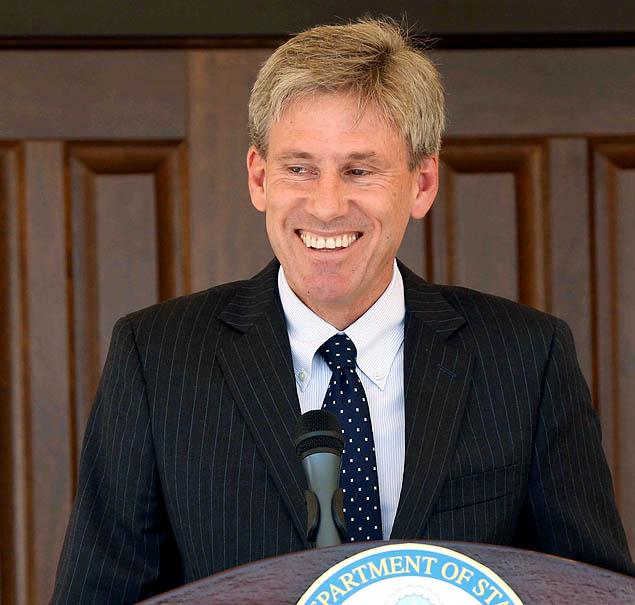 The President of the United States managed to briefly interrupt his fundraiser in Las Vegas to inform the crowd of his regret regarding the death by murder of the representative of the United States in Libya, Ambassador Chris Stevens. “Obviously our hearts are broken,” he exclaimed. Well as Mark Steyn would say, not so obvious. The middle East is exploding in a masturbatory orgasm of Islamic radical spasm toward the great satan America, and the President, who once exclaimed that his mere personhood would reduce the invective felt by all Muslims towards America due to the unique blundering heavy-handedness of the clueless Bush, could not manage separate himself from the needs of the fundraiser to serve the needs of his nation, other than that brief, offhand remark. Honestly…. stunning.
The President of the United States managed to briefly interrupt his fundraiser in Las Vegas to inform the crowd of his regret regarding the death by murder of the representative of the United States in Libya, Ambassador Chris Stevens. “Obviously our hearts are broken,” he exclaimed. Well as Mark Steyn would say, not so obvious. The middle East is exploding in a masturbatory orgasm of Islamic radical spasm toward the great satan America, and the President, who once exclaimed that his mere personhood would reduce the invective felt by all Muslims towards America due to the unique blundering heavy-handedness of the clueless Bush, could not manage separate himself from the needs of the fundraiser to serve the needs of his nation, other than that brief, offhand remark. Honestly…. stunning.
